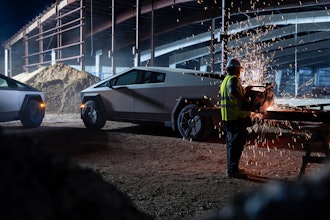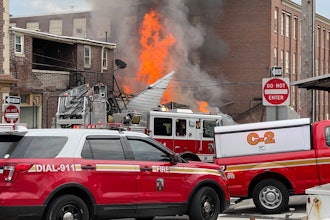Located in Northwestern Belgium, the city of Bruges is well-known for its medieval architecture and numerous historical sites. But perhaps its most remarkable engineering accomplishment lies below its famous cobbled streets.
To truly appreciate what was accomplished this past summer, you need to know a little bit about the city of Bruges. Before WWII, this city of 115,000 boasted more than 30 working breweries. That number is now down to 2.
Furthermore, De Halve Maan or The Half Moon brewery site has been producing Belgian Ales since 1564. It was taken over in 1856 by the Vanneste family, and has seen double-digit growth over the last decade take their beers to over 30 countries.
This growth has been tremendous for the company, but also created a unique challenge. Key to the heritage and culture of the company is the 453-year-old brewery that remains in operation. However, their bottling facility lies two miles away. To help cut costs, many encouraged the company to leave their historic building in favor or a more modern facility that could incorporate the bottling operation.
However, Xavier Vanneste, the director of De Halve Maan, had another idea. Immovable in his desire to preserve the brewing heritage of Bruges, he set about to construct a $4.4 million pipeline that would run beneath the city streets in connecting his brewery with the bottling plant.
City officials were obviously concerned, as no private company had ever been allowed to even lay cable under Bruges. However, Vanneste secured a green light after pointing out how the pipeline would reduce the number of beer tankers on the city’s narrow streets.
Next, Vanneste hired experts from the oil and gas industry to lay the two miles of pipe using computer-guided drills that minimized street digging, but added to the project’s cost.
In response to these costs, Vanneste capitalized on crowdsourcing. The company was able to raise just over $300,000, with those contributing over $7,500 receiving a bottle of Bruges Fool beer every day for life.
Completed last fall, the pipeline now transports 1,000 gallons of beer per hour, the equivalent of about 12,000 bottles. And although the pipeline won’t see a full ROI for about 20 years, it has allowed the city to preserve a time-honored tradition and generate another tourist attraction, as visitors can glimpse a section of the pipeline through a transparent manhole cover.
As of this report, no illegal or unauthorized personal taps have been detected.






















